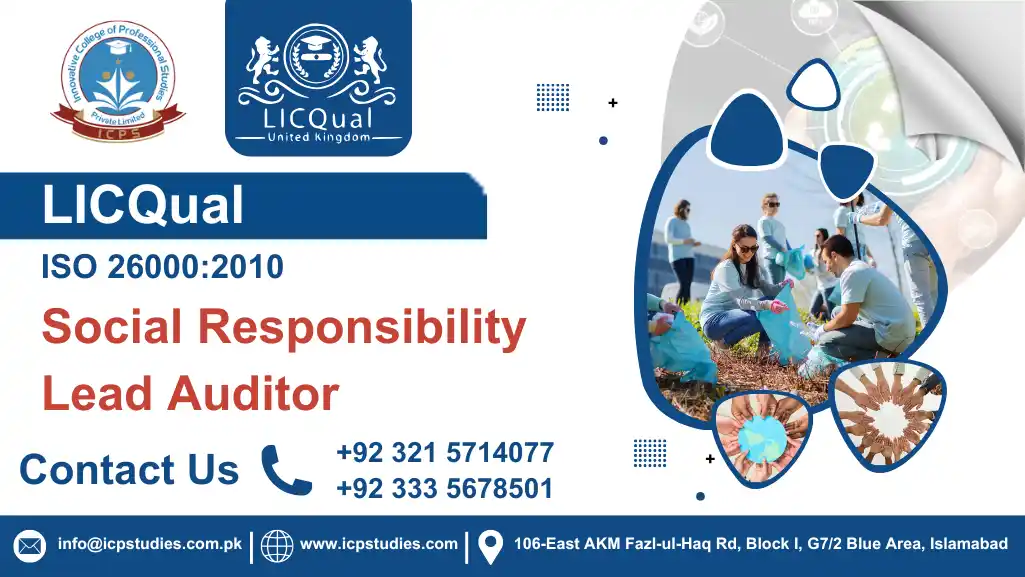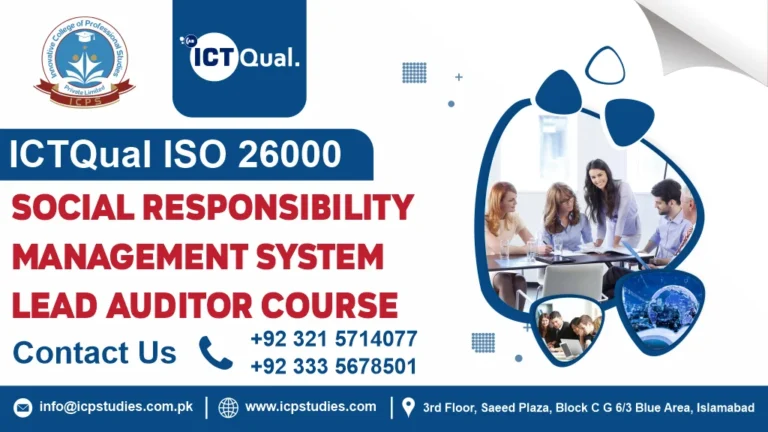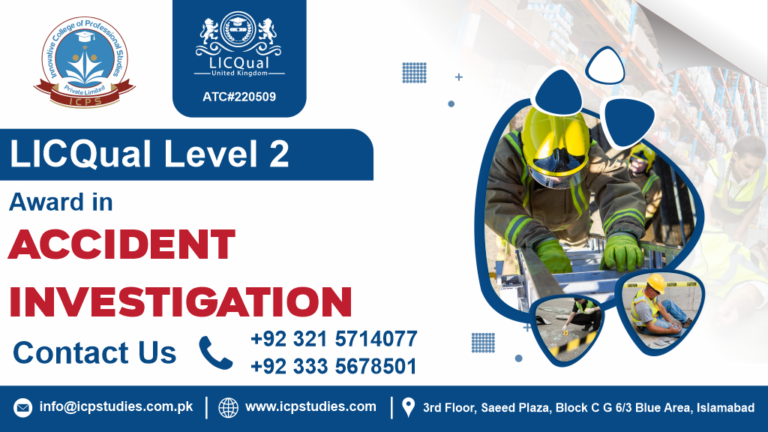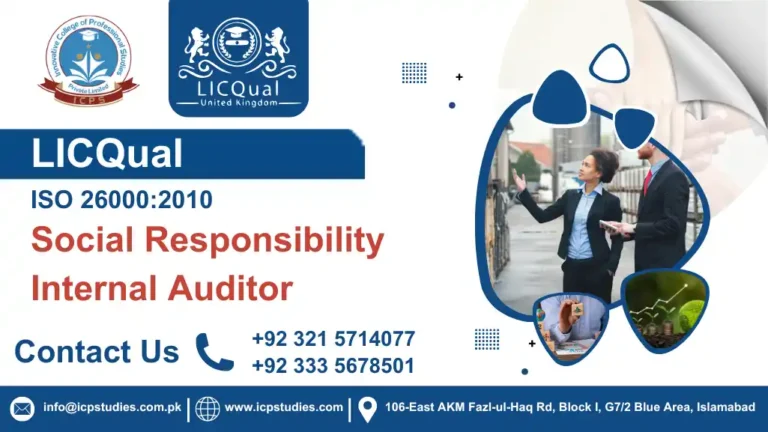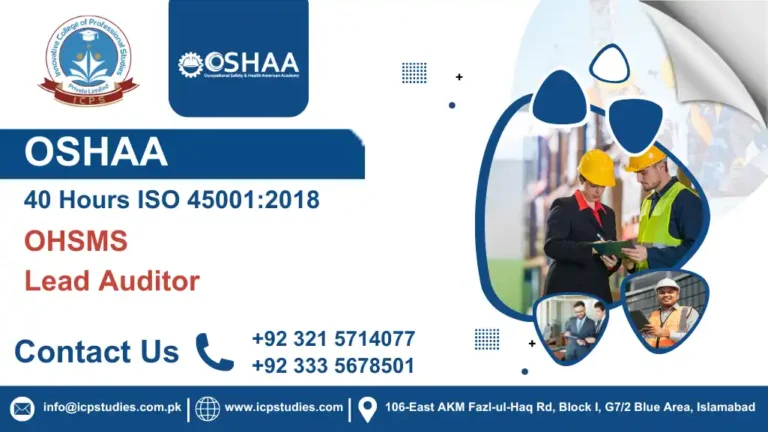In today’s business environment, organisations are increasingly under pressure to operate responsibly and ensure their practices contribute positively to society. The LICQual ISO 26000:2010 Social Responsibility Lead Auditor course provides professionals with the essential skills to assess, audit, and implement corporate social responsibility (CSR) practices in line with the internationally recognised ISO 26000:2010 standard. This comprehensive training equips auditors with the expertise to guide organisations in adopting responsible practices across various domains, including human rights, environmental stewardship, fair operating practices, and consumer relations.
Organisations that are committed to enhancing their CSR efforts often seek ISO 26000:2010 certification to demonstrate their dedication to ethical practices. Becoming a certified ISO 26000 Lead Auditor not only enables professionals to audit and assess social responsibility within organisations but also enhances their ability to influence positive change within the corporate world. This course is ideal for those looking to specialise in social responsibility and sustainability, offering knowledge that can be applied across multiple industries.
The LICQual ISO 26000:2010 Social Responsibility Lead Auditor course offers professionals the opportunity to become leaders in promoting ethical business practices and sustainable development. By completing this course, you will gain the knowledge and skills necessary to guide organisations in aligning their operations with ISO 26000:2010 and enhancing their CSR efforts. As the demand for responsible business practices continues to grow, becoming a certified ISO 26000 Lead Auditor will position you as a key player in the world of social responsibility and sustainability.
All About LICQual ISO 26000:2010 Social Responsibility Lead Auditor
Course Overview
ISO 26000:2010 is an international standard providing guidelines on social responsibility. Unlike traditional certification standards, ISO 26000 is not intended for certification but serves as a guideline to help organisations operate in a socially responsible manner. The standard encourages businesses to contribute to sustainable development by acting in ways that benefit society while respecting human rights, labour practices, the environment, and ethical conduct.
By incorporating ISO 26000:2010 into their operations, organisations demonstrate their commitment to CSR, which includes addressing stakeholder interests, mitigating environmental impact, promoting fair practices, and ensuring community engagement. The LICQual ISO 26000:2010 course focuses on preparing professionals to assess and guide organisations in implementing these principles and evaluating their CSR performance effectively.
Study Units
- Introduction to ISO 26000:2010 and Social Responsibility Principles
- Understanding Organizational Governance and Social Responsibility
- Human Rights and Labor Practices in Social Responsibility
- Environmental Responsibility and Sustainable Practices
- Fair Operating Practices and Ethical Business Practices
- Community Involvement and Consumer Issues in Social Responsibility
To ensure participants are well-prepared for the LICQual ISO 26000:2010 Social Responsibility Lead Auditor course, the following entry requirements are recommended:
Minimum Age
Participants must be at least 18 years old at the time of enrolment.
Educational Background
A minimum of secondary school education (GCSE level or equivalent) is required. While not mandatory, prior education in fields such as business management, environmental studies, social sciences, sustainability, or corporate governance will be beneficial for participants.
Work Experience
While previous work experience is not compulsory, it is highly recommended that participants have a basic understanding of corporate social responsibility or experience working in roles related to sustainability, auditing, or business management. Practical experience in assessing or implementing CSR initiatives will help in grasping the course content more effectively.
Language Proficiency
Since the course is delivered in English, participants must have a strong command of both written and spoken English. Proficiency in English is necessary to engage with the course material, participate in discussions, and complete assignments and assessments successfully.
The LICQual ISO 26000:2010 Social Responsibility Lead Auditor course is designed for professionals seeking to enhance their expertise in corporate social responsibility (CSR) and auditing practices. It is particularly suitable for those involved in the management, implementation, or assessment of CSR initiatives.
This course is ideal for:
- CSR Managers and professionals responsible for developing, implementing, and managing corporate social responsibility strategies within their organisations.
- Sustainability Consultants who advise organisations on sustainable and ethical business practices, helping them align with international standards.
- Internal and External Auditors looking to specialise in CSR and social responsibility audits, ensuring organisations meet ISO 26000 guidelines.
- Compliance Officers and professionals working in regulatory compliance, with a focus on environmental, social, and ethical standards.
- Environmental and Social Impact Analysts seeking to gain deeper insight into evaluating and reporting CSR performance across various sectors.
- Project Managers involved in CSR initiatives, particularly those looking to ensure their projects meet social responsibility objectives.
- Consultants and Trainers who wish to guide organisations or individuals in adopting CSR practices and achieving ISO 26000 certification.
- Corporate Governance Professionals aiming to integrate social responsibility practices into organisational governance frameworks.
This course is perfect for those who want to enhance their career opportunities in CSR and sustainability, and make a positive impact by driving responsible business practices within organisations.
Learning Outcomes
Introduction to ISO 26000:2010 and Social Responsibility Principles
- Understand the key principles of ISO 26000:2010 and its role in guiding organisations towards socially responsible practices
- Gain knowledge of the core subjects of social responsibility, including governance, human rights, environmental responsibility, and ethical conduct
- Learn how ISO 26000:2010 provides a framework for implementing social responsibility within organisations across different sectors
- Develop an understanding of how the ISO 26000:2010 standard applies to the corporate, public, and non-profit sectors
Understanding Organizational Governance and Social Responsibility
- Learn the importance of effective governance in promoting social responsibility within organisations
- Understand the relationship between corporate governance and CSR principles outlined in ISO 26000:2010
- Gain insights into the role of leadership and management in driving social responsibility initiatives and ethical decision-making
- Understand how to assess organisational governance structures to ensure alignment with CSR practices and social responsibility standards
Human Rights and Labor Practices in Social Responsibility
- Understand the significance of human rights and fair labor practices as core components of corporate social responsibility
- Learn how to assess an organisation’s policies and practices regarding employee rights, fair treatment, and non-discrimination
- Gain practical knowledge on ensuring compliance with international human rights conventions and labour standards within business operations
- Understand how to evaluate and report on human rights and labor practices in the context of ISO 26000
Environmental Responsibility and Sustainable Practices
- Gain an understanding of environmental responsibility and the need for sustainable practices in business operations
- Learn how organisations can mitigate their environmental impact and promote sustainable resource management
- Understand the key components of an environmental management system (EMS) as part of the CSR framework
- Develop the skills to assess and recommend improvements in an organisation’s environmental sustainability practices
Fair Operating Practices and Ethical Business Practices
- Learn how ethical business practices contribute to social responsibility and ensure fairness within the marketplace
- Understand the importance of transparency, anti-corruption measures, and accountability in business operations
- Gain insight into fair trade, responsible sourcing, and ethical marketing practices
- Develop the ability to evaluate and audit an organisation’s commitment to fair operating practices in line with ISO 26000:2010
Community Involvement and Consumer Issues in Social Responsibility
- Understand the role of community involvement and stakeholder engagement in building a socially responsible organisation
- Learn how businesses can create positive impacts on local communities and contribute to sustainable development
- Gain knowledge of how to address consumer issues, such as consumer rights, safety, and product responsibility, as part of CSR efforts
- Develop skills to assess and advise organisations on community engagement strategies and consumer-related CSR initiatives
FAQs LICQual ISO 26000:2010 Social Responsibility Lead Auditor

